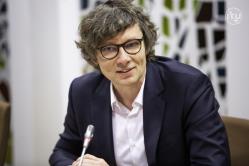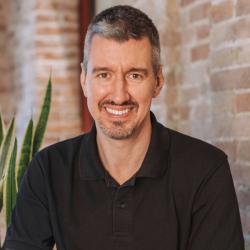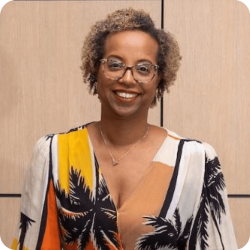The Digital Imperative: The Critical Role of School Connectivity
ITU/Giga
Session 232
Connectivity has become pivotal and therefore critical for the socio-economic development of every country and across all aspects of life. Its transformative impact on the education sector, in particular, cannot be overstated. Connectivity opens new pathways for students and teachers to access a world of information, fosters inclusive lifelong learning, drives socio-economic growth, and supports the achievement of Sustainable Development Goal 4.
The World Summit on the Information Society (WSIS) process identified the connection of universities, colleges, secondary, and primary schools to ICTs as a key priority in the 2003 Geneva Plan of Action. WSIS Action Line C2, focused on information and communication infrastructure, highlights the vital importance of connecting schools to achieve digital inclusion.
Despite this, the cost of connecting every school remains a major challenge, especially for governments in developing countries. High investment risks further complicate the issue, making school connectivity a less attractive undertaking for market players compared to other ventures.
Join us at Campus Biotech (9 Chemin des Mines, Geneva) for a networking morning tea followed by the Giga Ministerial Session of the WSIS+20 Forum High-Level Event. This session will explore the future of school connectivity in the digital age, examining the challenges to achieving universal school connectivity from the perspectives of various stakeholders in national ecosystems—and identifying what is needed to catalyse and accelerate national efforts.
To facilitate your participation, please complete the registration form here: https://lu.ma/80487pq4





-
 C2. Information and communication infrastructure
C2. Information and communication infrastructure
-
 Goal 4: Ensure inclusive and equitable quality education and promote lifelong learning opportunities for all
Goal 4: Ensure inclusive and equitable quality education and promote lifelong learning opportunities for all
-
 Goal 9: Build resilient infrastructure, promote sustainable industrialization and foster innovation
Goal 9: Build resilient infrastructure, promote sustainable industrialization and foster innovation